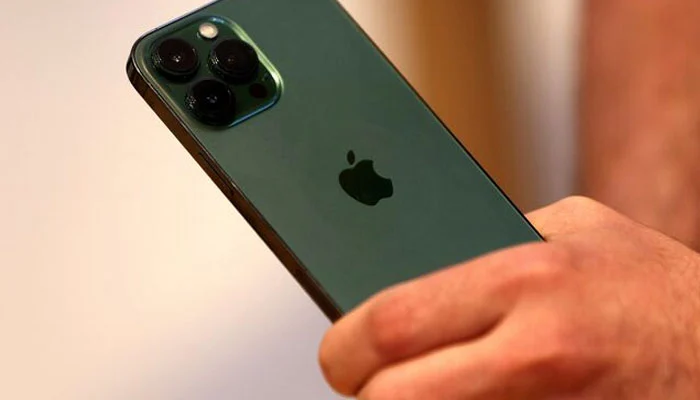President Donald Trump’s ambition for Apple to manufacture iPhones in the United States faces significant challenges, with experts cautioning that such a move could take years and drastically increase phone prices—potentially up to $3,500 each. This figure represents nearly three times the current retail price.
The paramount question now is: will American consumers be willing to bear such a substantial cost merely for a domestically produced phone? Experts stated on Friday that Trump’s initiative to repatriate iPhone manufacturing to the US is fraught with numerous legal and economic obstacles. Among the lesser concerns, they noted, is the automation required for the insertion of ‘little screws’ in the assembly process.
Trump threatened on Friday to impose a 25% tariff on Apple for any iPhones sold, but not manufactured, in the US, aligning with his administration’s objective of re-shoring jobs. Later on Friday, he informed reporters that this 25% tariff would also extend to Samsung and other smartphone manufacturers, with an expected implementation by the end of June.
“Otherwise it wouldn’t be fair” if it did not apply to all imported smartphones, Trump asserted. “I had an understanding with (Apple CEO) Tim (Cook) that he wouldn’t be doing this. He said he’s going to India to build plants. I said that’s OK to go to India but you’re not going to sell into here without tariffs.”
Commerce Secretary Howard Lutnick told CBS last month that the work involving “millions and millions of human beings screwing in little, little screws to make iPhones” would be brought to the US and automated, thereby creating jobs for skilled tradespeople like mechanics and electricians. However, he later conveyed to CNBC that Cook had informed him that the necessary technology for such large-scale and precise automation is not yet available.
“He said, I need to have the robotic arms, right, do it at a scale and a precision that I could bring it here. And the day I see that available, it’s coming here,” Lutnick explained.
Trade lawyers and professors indicated that the quickest way for the Trump administration to exert pressure on Apple through tariffs would be to leverage the same legal mechanism previously used for punishing tariffs on a broad range of imports. This law, known as the International Emergency Economic Powers Act (IEEPA), empowers the president to take economic action after declaring an emergency that constitutes an unusual and extraordinary threat to the US.
“There’s no clear legal authority that permits company-specific tariffs, but the Trump administration may try to shoehorn it under its emergency power authorities,” commented Sally Stewart Liang, a partner at Akin Gump in Washington. Liang added that other avenues for levying company-specific tariffs necessitate lengthy investigations.
However, tariffs exclusively on Apple “would provide a competitive advantage for other imported phones, which undermines Trump’s goals of bringing manufacturing to the US,” Liang cautioned.
Experts believe Trump has viewed IEEPA as a flexible and potent economic tool due to the ambiguity surrounding courts’ power to review a president’s response to a declared emergency. “In the administration’s view, as long as he enacts the ritual of declaring an emergency and pronouncing it unusual or extraordinary, there is nothing a court can do,” stated Tim Meyer, an international law professor at Duke University.
In a case brought by 12 states challenging Trump’s “Liberation Day” tariffs in the Manhattan-based Court of International Trade, the court is currently examining this very issue, as well as whether IEEPA authorizes tariffs at all. If the Trump administration prevails in that case, “the president is not going to have any trouble coming up with an emergency as a justification to impose tariffs on Apple iPhone imports,” Meyer predicted. Trump could even simply include iPhones under the existing trade deficit emergency that served as the basis for earlier declared tariffs, Meyer suggested.
However, relocating production to the US could take up to a decade and potentially lead to iPhones costing $3,500 each, according to Dan Ives, an analyst at Wedbush, in a research note. Apple’s premium iPhone currently retails for around $1,200.
“We believe the concept of Apple producing iPhones in the US is a fairy tale that is not feasible,” Ives asserted. Even without reaching that extreme, a tariff on iPhones would escalate consumer costs by complicating Apple’s supply chain and financing, noted Brett House, an economics professor at Columbia.
“None of this is positive for American consumers,” he concluded.



